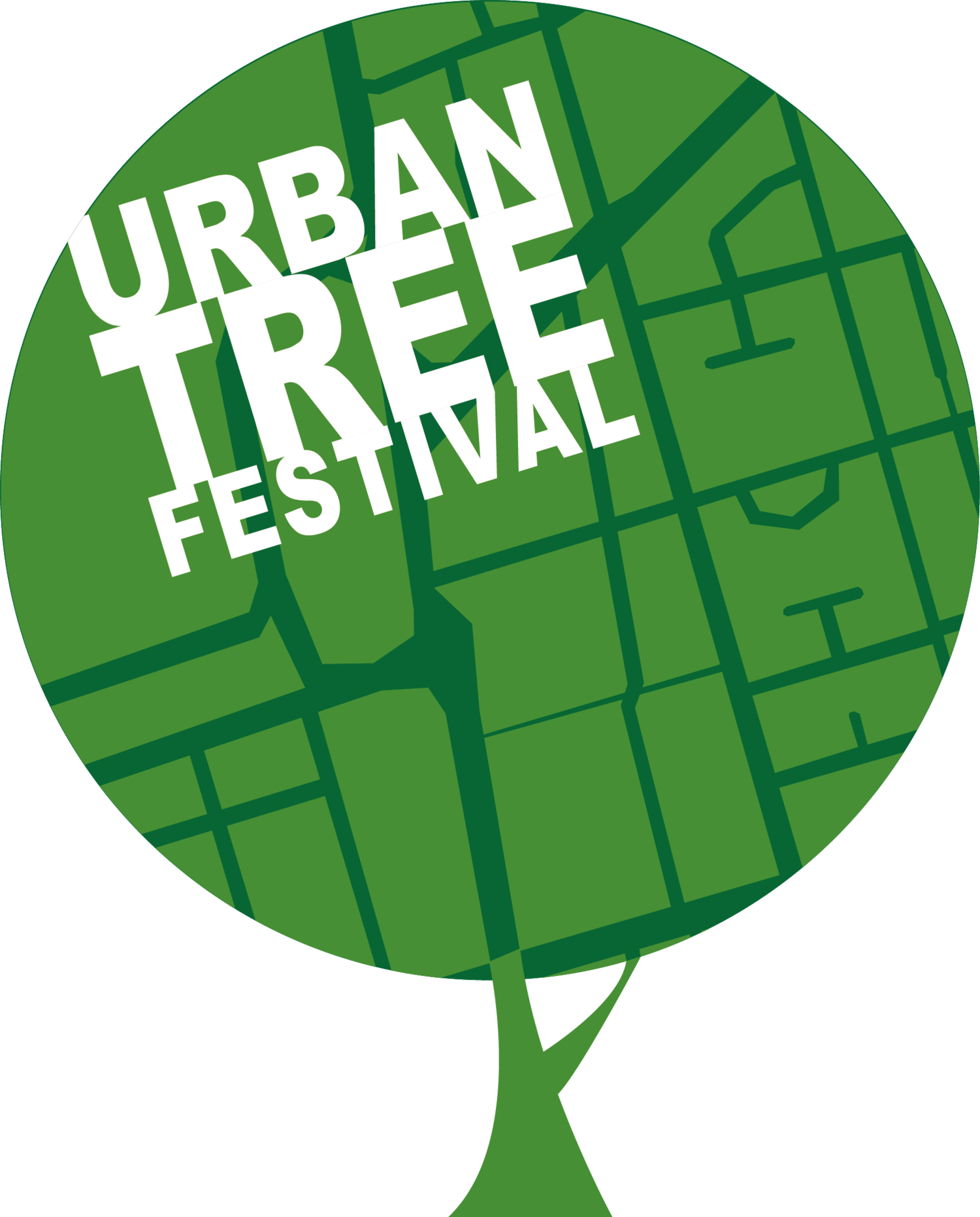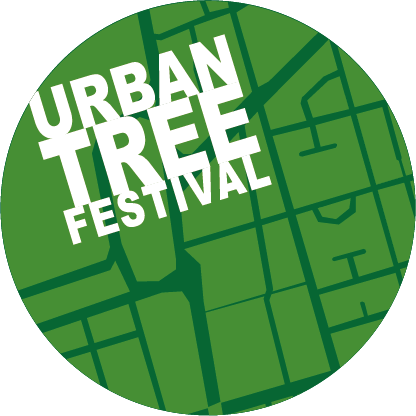
The Politics of Street Trees
hosted by Camilla Allen and Jan Woudstra
Ticket Information
The Politics of Street Trees
Date: Sunday 23rd May
Time: 14:00-15:00
Location: Online Zoom event
Tickets: Free, booking essential (donations welcomed)
A roundtable with contributing authors for the forthcoming volume The Politics of Street Trees (Routledge: May 2022) who will discuss their varied perspectives on the political dimensions that affect street trees, with contributions from the UK, Portugal, and the USA.
Joining information will be sent upon booking.
Event Information
The Politics of Street Trees
Nature, wildlife and plants are generally considered as being non-political, but as we are increasingly aware, they are anything but; and this is none so more than with street trees. In modern history in the West trees have been planted along streets as part of improvement schemes since the seventeenth century, and they have continued to be planted increasingly from the nineteenth century onwards. Nowadays street trees are seen as an endeavour of public bodies, but this has not always been the case, even though the most comprehensive schemes were realized by local, regional and national authorities. In this they have not only aesthetic and directional, but also symbolic meaning. Trees need resources of water and soil; they need to be maintained and there are legal responsibilities. They also evoke emotion, of attachment, of love and hate. They additionally provide what we now refer to as ‘ecosystem services’, influencing the general climate, by clearing the air of pollutants, providing humidity, reducing dust, providing oxygen, biodiversity, etc. By thus moderating the climate of the urban heat islands street trees contribute to our health and well-being.
By exposing the politics in relationship to street tree planting and management The Politics of Street Trees (published next year in 2022) aims to create a greater awareness of processes that may determine survival or demise of urban tree populations in the public domain. The book provides background information and knowledge relating firstly to the historic reasons for tree planting along roads and thoroughfares, the selection of street tree species, the meaning of the choice in different contexts, and the way we have now come to explain the population of trees in cities as urban forests. By pursuing an interdisciplinary approach this book produces an information base for tree officers, arboriculturalists, politicians and activists alike, thus contributing to a fairer political debate that helps to promote more democratic environments that are green, sustainable, comfortable and healthier.
In this roundtable, some of the contributing authors for the forthcoming book will discuss their varied perspectives on the political dimensions that affect street trees, with contributions from the UK, Portugal, and the USA.
Contributors
Camilla Allen; Jon Burke; Ross Cameron; Nicola Dempsey; Sonja Duempelmann; Russell Horsey; Lara Roman; Isabel Silva; Alan Simson; Catarina Teixeira; Phil Whyman; Jan Woudstra
Hosted by Camilla Allen & Jan Woudstra


